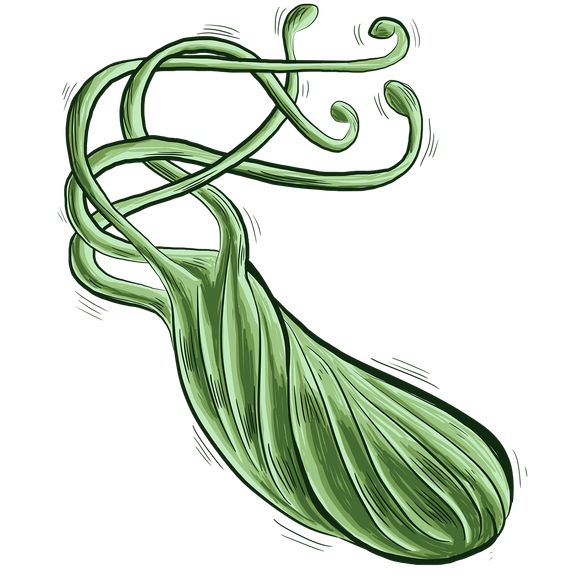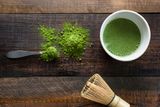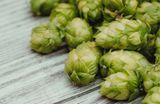Author: Sylvia Marinova, PhD student in in the "Genomic Stability" lab at BAS
Helicobacter pylori is a type of bacterium that colonizes the gastrointestinal tract. It is the most common cause of stomach and duodenal ulcers and gastritis. In addition, infected people are associated with a 2 to 6-fold increased risk of developing stomach cancer [ref.1]. The infection is often asymptomatic, but can often cause some of the following symptoms:
- burning in the stomach and esophagus
- stomach pain
- vertigo
- swelling
- unexplained weight loss
- loss of appetite, etc.
It is believed that over 50% of the global population is infected with H.pylori [ref.2] and the problem is greatest in developed countries. In this article we will look at conventional treatment, its disadvantages and why it is necessary to look for alternative natural solutions to deal with the bacterium.
Standard therapy
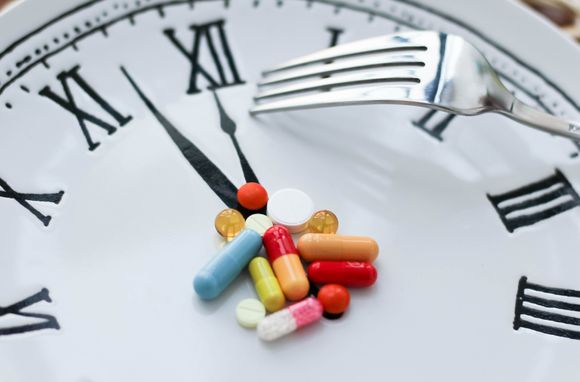
The most desirable outcome in the treatment of this infection is complete clearance of the bacteria. This is because H.pylori can stay in the stomach for an extremely long time and lead to chronic diseases such as gastritis, ulcers or cancer. Medical practice recommends therapies with acidity regulators, such as proton pump inhibitors, and antibiotics [ref.3].
Unfortunately, often the treatment is not successful for two main reasons - the increasing antibiotic resistance of the bacterium and non-compliance with the course of treatment by patients. Usually, therapy involves at least three drugs and lasts for a long time, and the results do not always come immediately. On the other, the appearance of side effects and the high cost of treatment act discouragingly, and patients give up treatment before a complete cure.
Virulent factors of H.pylori
Various products of microorganisms that help them cause an infectious process in the host are indicated as virulence factors. Examples include some toxins, receptors on the surface, etc. In the case of H.pylori, it is about factors that help it colonize the stomach and survive in the highly acidic environment there.
Among them are urease and adhesins. Urease is an enzyme with which the bacterium neutralizes gastric acid by converting urea into ammonia and carbon dioxide [ref.4]. In addition, there are non-invasive tests that use the reaction of this enzyme to determine the presence of helicobacter and diagnosis, as well as to monitor the effect of assigned treatment.
Adhesins, on the other hand, are necessary for the bacterium to capture it for the epithelial cells of the stomach. They help it to resist adverse environmental conditions such as the constant flow of juices and peristaltic movements [ref.5].
Plants as an alternative treatment
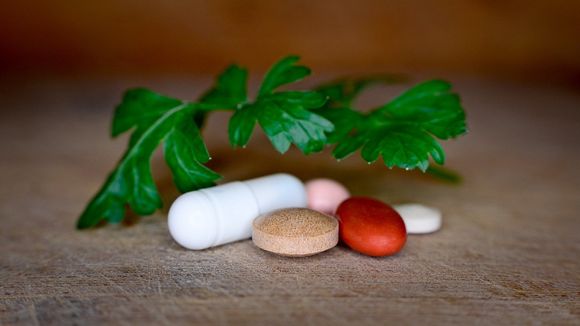
Traditional medicine should not be neglected when we talk about infection with H.pylori. Many studies can be found in scientific databases that study the antibiotic effects of various plants on this bacterium. In addition to individual species, some studies also focus on isolating individual pure compounds with this effect, as well as on their chemical modification to create new medicines.
When reading such literature, however, it should be taken into account that in vitro studies are often carried out, i.e. in a test tube. This is a good start, but it is also necessary to have in vitro data in order to make the action more secure. In the examples of plants with healing effect on H.pylori we will see mainly those whose effect is also studied on model organisms.
How medical plants could counteract H.pylori
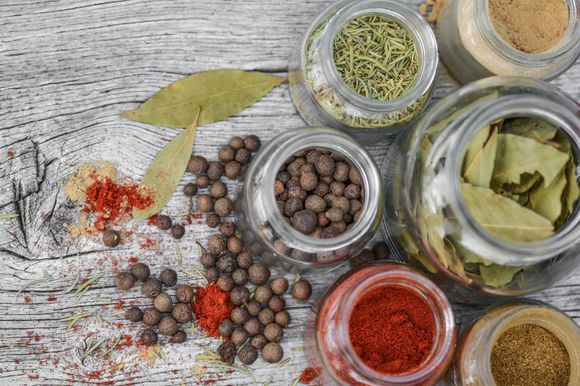
Many natural plant products have anti-H.pylori action. Some of the mechanisms of action against the bacterium include suppression of the activity of urease, damage to genetic material, suppression of protein synthesis and virulent factors, activity againt adhesins, etc.
For example, a 2005 study showed that aqueous extracts of borage, turmeric and parsley prevented the capture of H. pylori for gastric epithelial cells [ref.6]. A similar effect was found in the aqueous extract of the well-known herb licorice [ref.7].
5 natural remedies against H.pylori
Red wine
The ingredient of red wine, to which its effects are due, is resveratrol. It is a natural antioxidant that has shown activity against the urease of H.pylori, as well as against [ref.8].
Broccoli
Isothiocyanate sulforaphane is the metabolized product of substances, which are abundantly found broccoli, especially in their sprouts, and has bacteriostatic action against H.pylori and other bacteria.
Read more in The Good and The Bad Secrets of Broccoli
A 2011 study showed that that the intake of broccoli sprouts reduces the colonization of the gastric mucosa by the bacterium, reduces inflammation and oxidative stress in mouse models and in humans [ref.9]. 48 volunteers took 70 g of broccoli sproutsfor 8 weeks. 2 months after stopping sprout intake, however, it was found that the indicators returned to the original values. This indicates that broccoli has an effect on the suppression of the bacterium, but can not completely eradicate it.
The catechins in green tea are the main antioxidant in this plant. They have shown antibiotic action against H.pylori. In addition, a study on model animals shows that intake of green tea extract for 6 weeks significantly reduces the symptoms of gastritis, as well as the number of bacteria [ref.10].
Probiotics
Probiotics are live bacteria that help maintain the balance of microflora in the digestive tract. Fermented foods and drinks such as yogurt, kimchi, kefir, kombucha, etc. are natural sources of probiotic bacteria, while today many ready-made dietary supplements can also be found.
Their use as a complementary or alternative treatment for H.pylori infection is mentioned more and more in the medical literature. Probiotics are known to have an in vitro suppressive effect against this bacterium and also to reduce the symptoms associated with inflammation in gastritis in vivo. For example, the authors of a summary article from 2014 show that of the 12 articles studying the treatment of H. pylori with antibiotics combined with probiotics and 16 studying probiotics as the only treatment, most reported an improvement in patient complaints and a reduction in the number of pathogenic bacteria. However, none showed a complete cure from the infection with probiotics alone [ref.11].
Honey and propolis
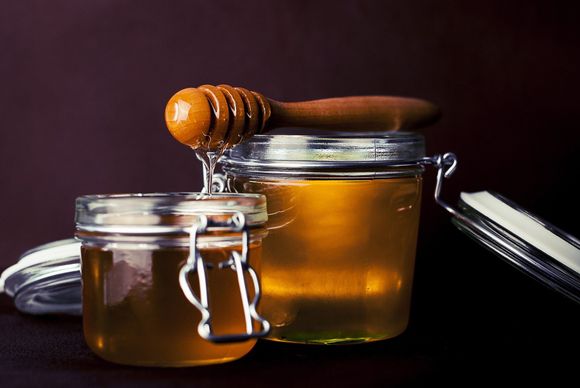
Honey is well known for its antibacterial properties and has several possible mechanisms that explain its action. There are also studies that examine its depressant effect specifically on H.pylori, as manuka honey seems to give the most promising results [ref.12].
In conclusion, alternative treatments for H. pylori are a good approach and are probably safe. However, they have not been shown to completely cure infections with this bacterium and are rather recommended as concomitant treatment with a preparation after consultation with your doctor.
